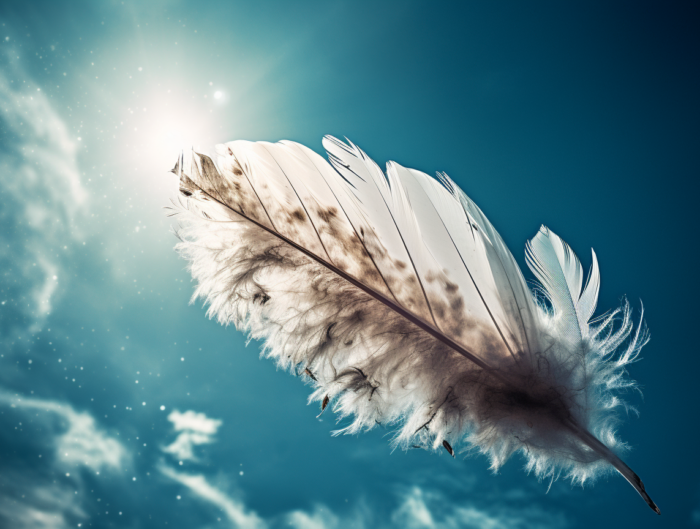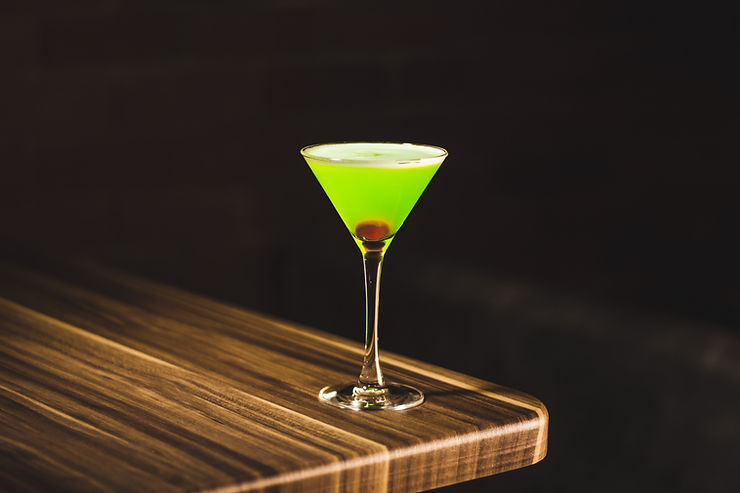I liked Uncle Joe’s visits, mostly because my parents didn’t. Uncle Joe was Dad’s half-brother. Maybe that’s why it seemed as if Dad only half-loved him. He was born from the spring chicken their father brought home as his second wife. She came with some sass and bossiness that my grandmother was certain she could live without, so she packed up her kids and left.
Joe was trouble enough. My parents focused all their attention and worry on him when he was around. He demanded it, stopping by, sometimes unannounced after work. I would see him from the road, his booming voice calling. I pretended his arrival wasn’t ever the event of the month and failed to hide the smile spreading across my face when I ran back in to warn my parents. I loved being the bearer of their bad news. Too tall for the door frame, he’d fold his lanky self through, scan for food, and collapse at the dining room table, while my parents squirmed.
Mom called him wild. Said he drank more than he ate, which is why he was skin and bones. Joe was nothing serious like Uncle Roosevelt, showing up in his fancy coat suits and soft drinks. Joe had nothing. Nor did he care about being important; just making me laugh. I thought that was noble enough.
I never hugged him, even when he would gesture to me as a joke so as to get a reaction from Mom. I knew she would side-eye me for it and then scrub me down with a brush later. She hated germs, and dirty people and things, but watching her try to be polite was fun. She’d shuffle around, snort strange sounds of code for “something stinks,” blow air out in short loud huffs. It merely gave Joe material to work with. He lived for it.
Now he visits in the summer of my mind. No longer for my childhood entertainment, but never to be forgotten. When he visits, I tell him again, because no one writes eulogies for the black sheep:
I like to imagine that you woke up laughing on your last day, hugging your stomach, not from hunger or pain but from bursting out the final bit of volcanic joy from your frail body. You laughed because you were thinking of my mischievous grin and all the trouble we’d made. I like to imagine you clothed anew. Not in the clothes that hung like meat off bone. Not in clothes stained and holed, worn and gauze thin, soaked in your sweat moist-fresh, and odor sticky-dry. Your lingering fragrance, sweet and stale, like the liquor that laced your breath whenever you stormed Mother’s kitchen, mud-caked boots leaving trails in then out, propping them up on her dining room chairs. The lost sheep finding home. I like to imagine you in the sun, glowing. Your skin, black as night, and teeth porcelain against it. Did someone capture your smile in all its radiance? Your squinted eyes shielding the blazing heat? Did they release your laugh like your soul, letting it ricochet in firecracker style off the walls of the earth? The husky roar that both terrified and evoked giggles out of me. I imagine they didn’t stifle it. And so, loud and rumbling, with a shake and rattle everyone felt, the roar let the world know what would be missed, before being laid to rest.


